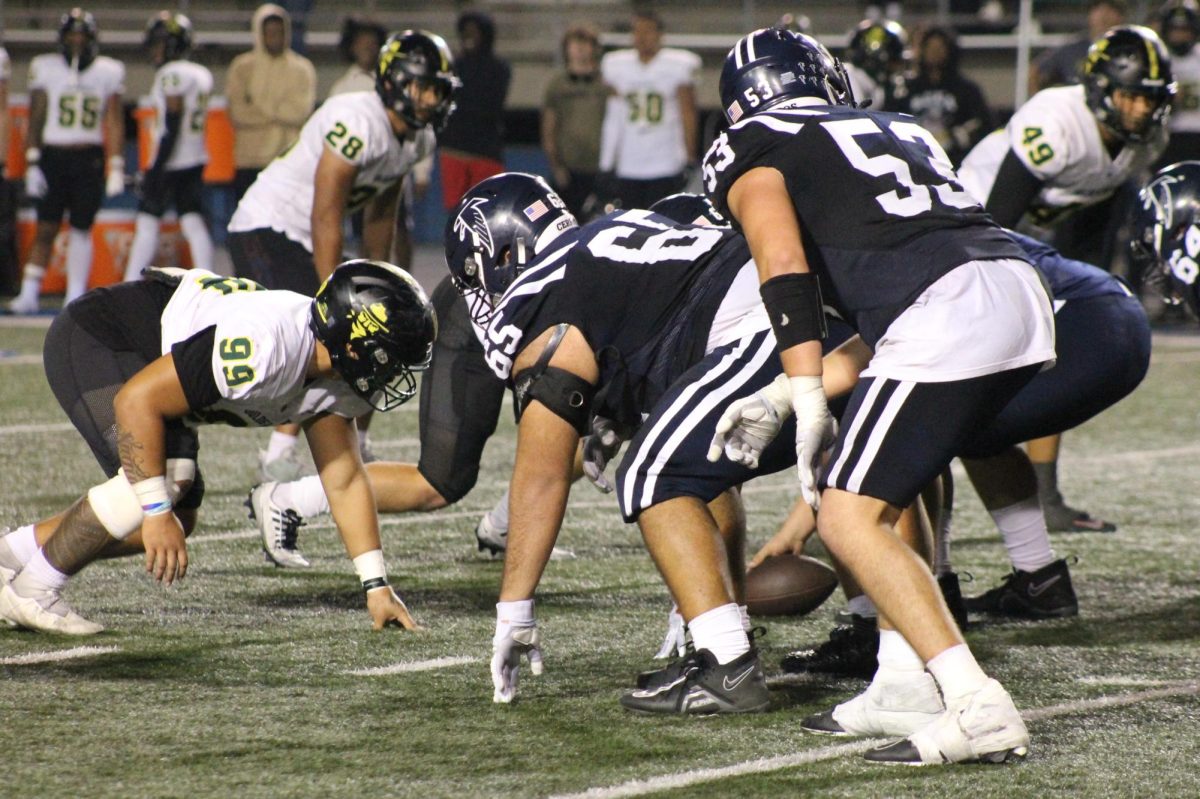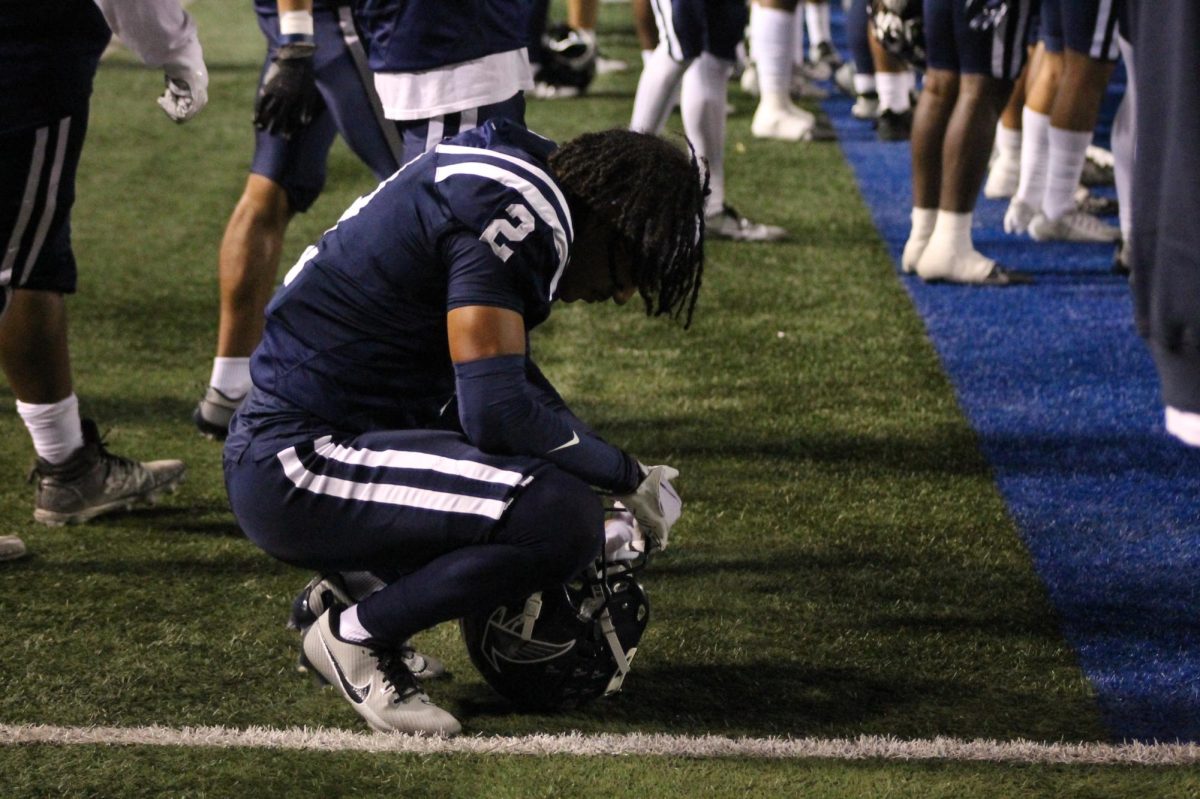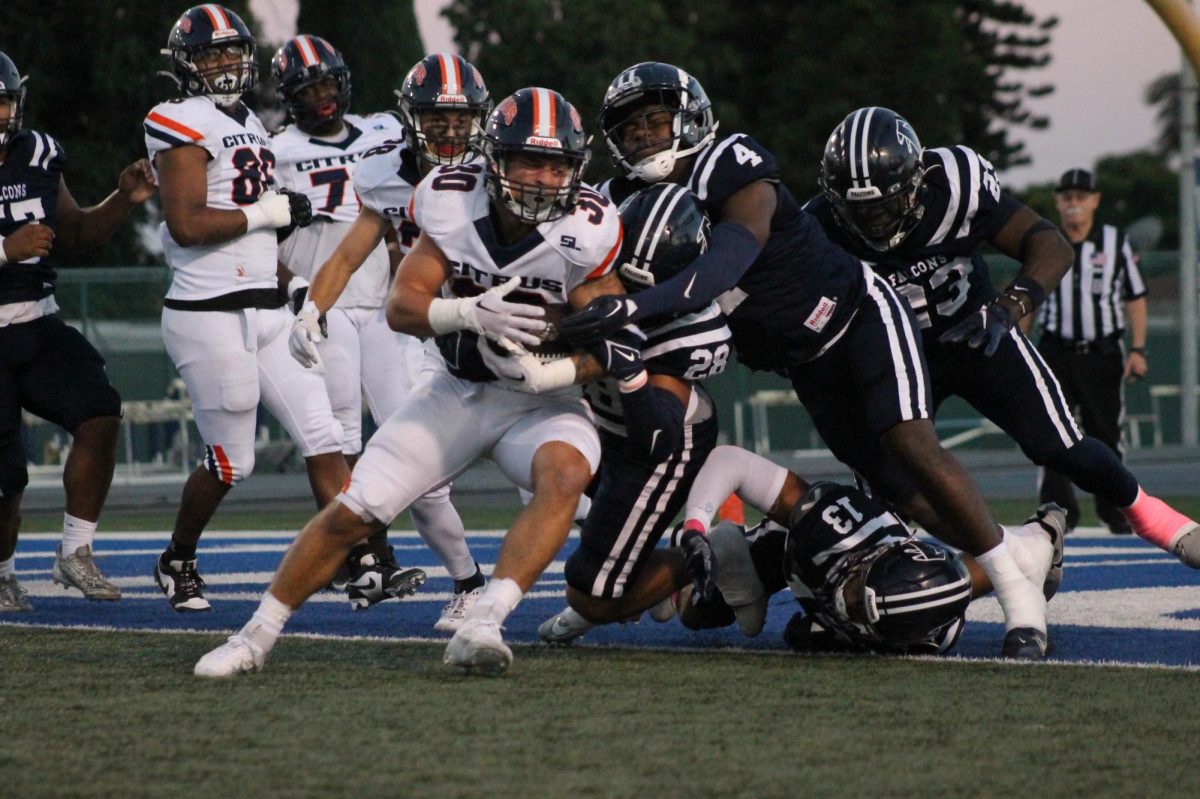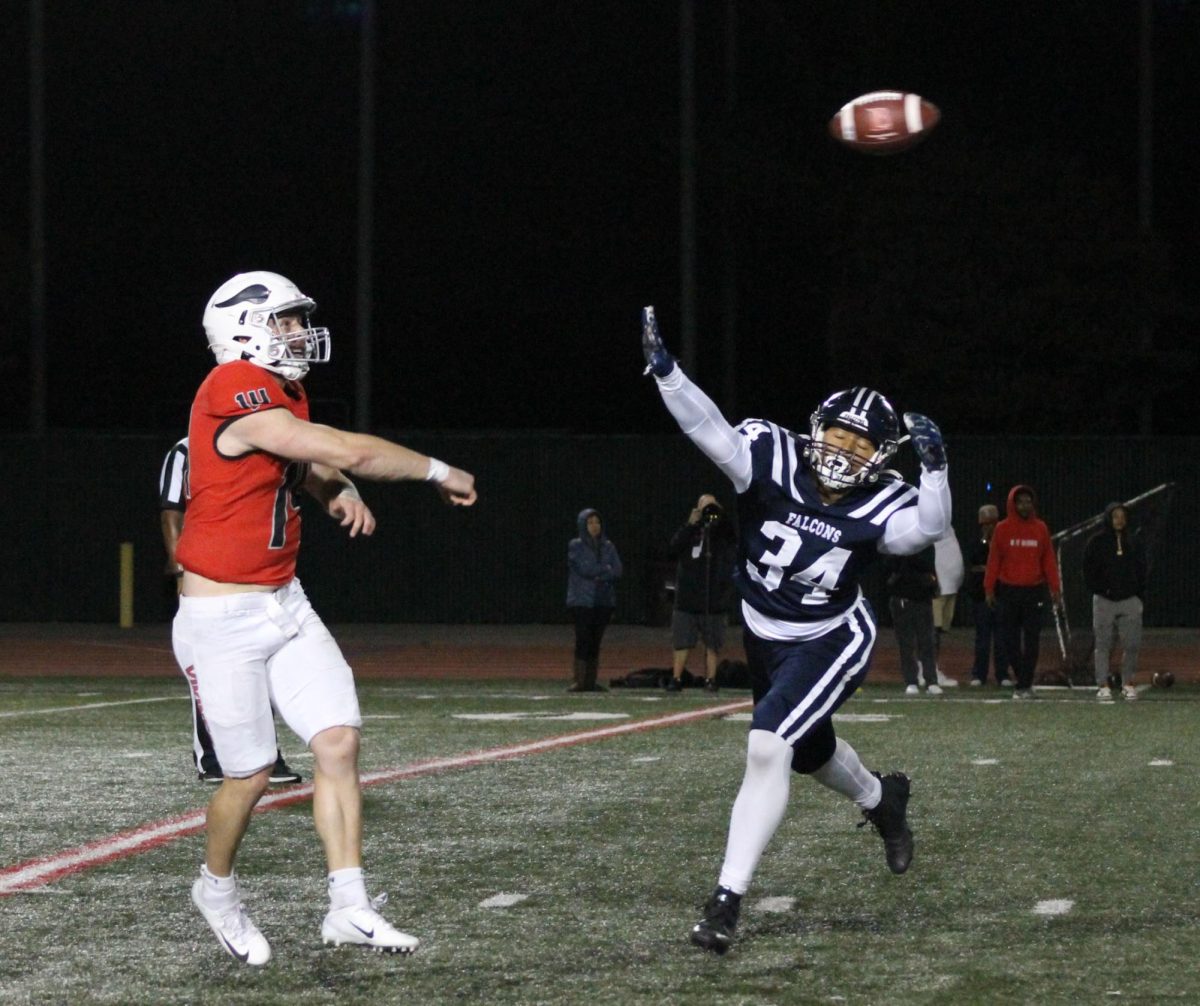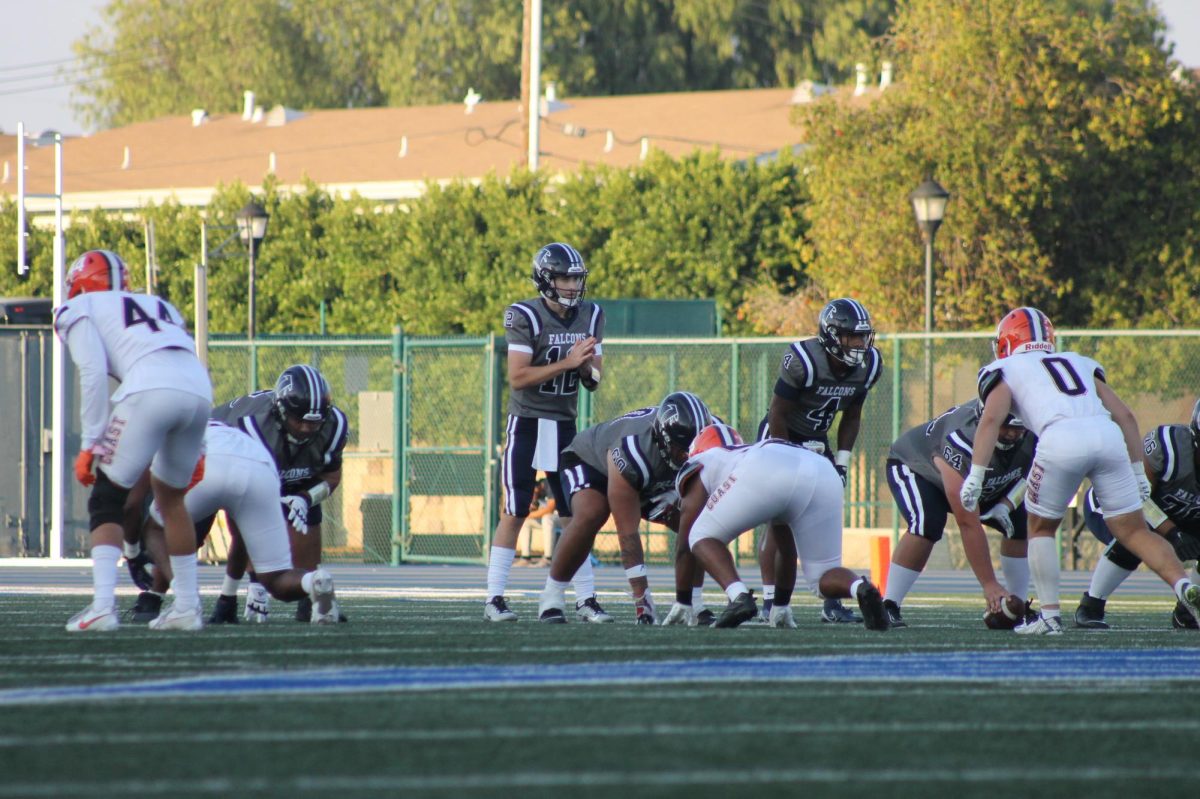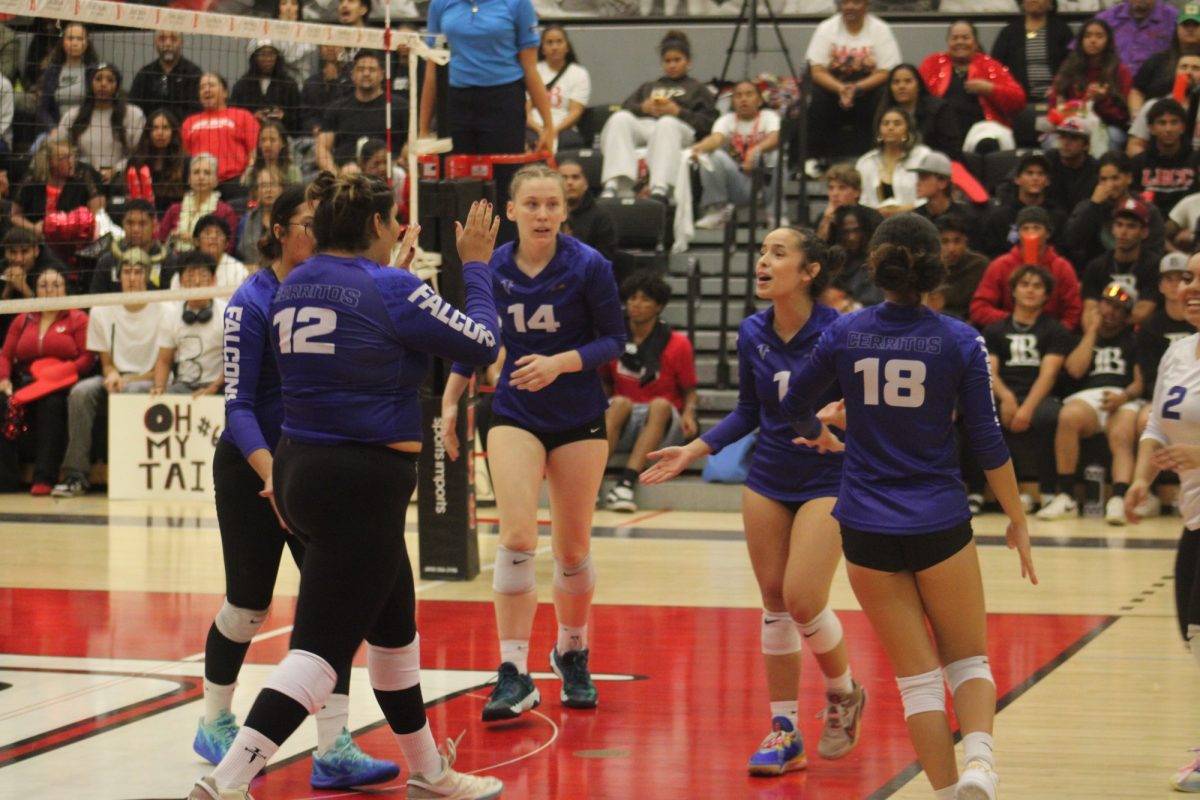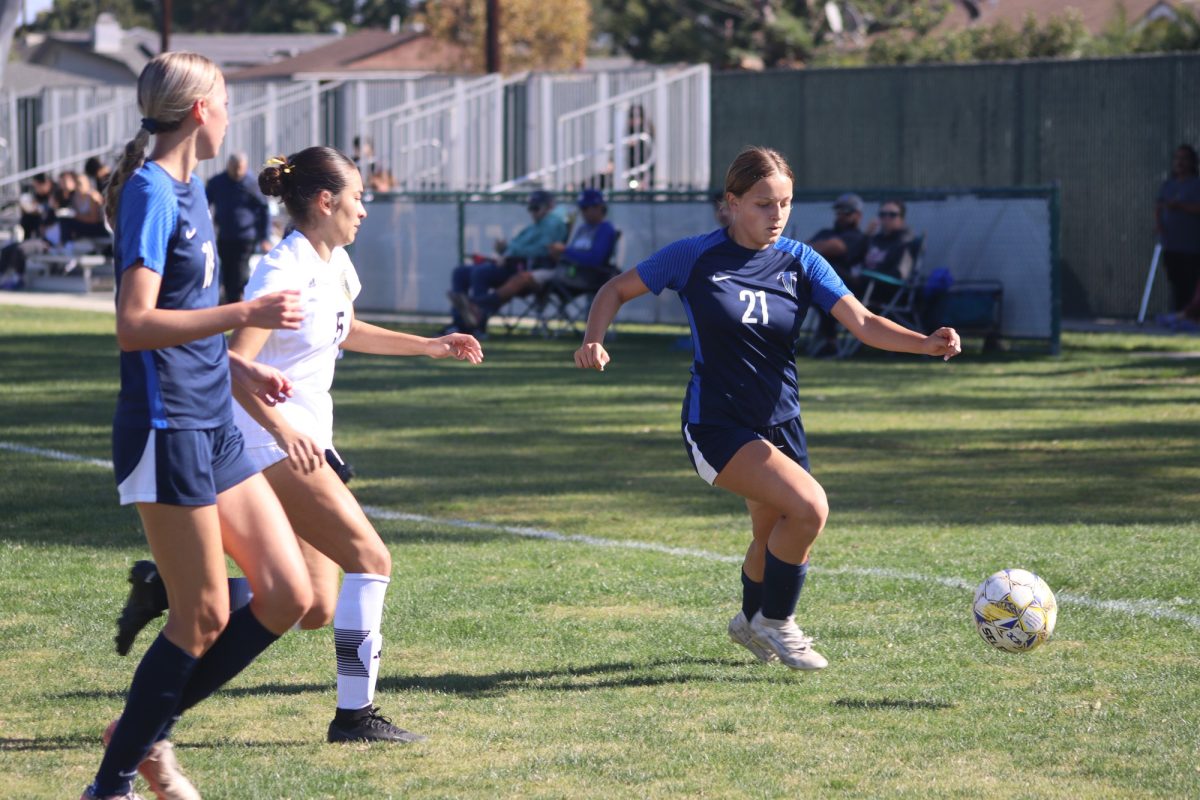With football fast approaching, it is important that fans are aware of some changes that will be impacting the game this season. There are three rule changes coming this fall, while two are considered “significant” among coaches, one change is an extension of a rule that was already in place but important for the safety of players.
First, the NCAA Football Rules Committee determined players can no longer leap over the line of scrimmage to try to block a field goal or extra-point attempt. They decided that too often players get caught in the air, upended and risk landing on their heads.
The NFL also implemented the same rule this year, banning the offensive line hurdling to block a kick for the same reason the NCAA did, which is to protect the players from landing on the heads of their opponents.
Pete Carroll, former head coach at USC and now NFL head coach and executive vice president for the Seattle Seahawks told coachsearch.com that although he has seen how pretty it is when a guy leaps over the defensive line with great body control and makes the play by blocking the kick, the examples he was shown of guys landing on their heads and the heads of their opponents looked dangerous, so he couldn’t vote against the rule.
Second, it’s now an automatic unsportsmanlike conduct penalty if a coach enters the field to object an officiating decision.
SEC Coordinator of Football Officials, Steve Shaw, said the unsportsmanlike conduct penalty emphasis is designed to ensure coaches model appropriate behavior, according to the Kansas City Star.
Head coaches are already taking measures to ensure their behavior and the behavior of the other coaches on their team during a game doesn’t negatively affect the team and earn them a penalty.
They are doing this by appointing someone, usually another coach, to be responsible for making sure that regardless of the call or if they agree with it or not, that they do not end up crossing the line onto the playing field.
“I’m obviously concerned about it at a critical time,” University of Georgia coach Kirby Smart added, “but it is a rule and we’ve got to follow the rules. You’d hate to see a game decided by something like that, but it’s the rule. We’ve been briefed on it, and we’ve all got to adhere to it.”
Clemson University has had a system in place to keep one of its coaches off the field before this rule was instated.
Assistant strength and conditioning coach, Adam Smotherman, also known as, “Get-Back-Coach,” according to Greenville Online, is responsible for keeping defensive coordinator, Brent Venables off the field and away from any danger of earning an unnecessary penalty for the Tigers.
Coach V is known not only by his players, but around the league, as being very enthusiastic and acts as though he almost wants to join his players out on the field, especially on game days.
With this new rule being put into effect for this upcoming 2017 season, more coaches will need to implement a system to insure their more “spirited” coaches stay off the field. Otherwise, the team will be penalized with an instant 15-yard loss, which could have devastating affect on the game or even their entire season.
Some coaches are supporting this new rule, while others are saying that it is just an expansion to the old rule that was in place about coaches entering the field during a game.
“Throw the flag. Just enforce the old rule,” Syracuse University coach Dino Babers told the USA Today Network, however, others feel like this hasn’t happened in the past so this new rule is necessary.
The third on-field rule change that is going into effect this upcoming college football season is the banning of the horse-collar tackle. The NCAA followed the lead of the NFL and will assess a penalty this season when a runner is pulled to the ground from the inside collar of his shoulder pads or jersey.
These changes are designed to keep players safe and reduce the long-term affects of concussions. It is yet to be seen how these changes will impact the game itself. The challenge is to keep the energy and excitement that makes football so popular while protecting the men who put their bodies on the line week-after-week. This will hopefully benefit the game in the long run because ultimately the safety of its players should be the #1 goal of the NFL and NCAA.





